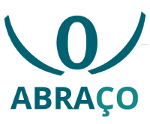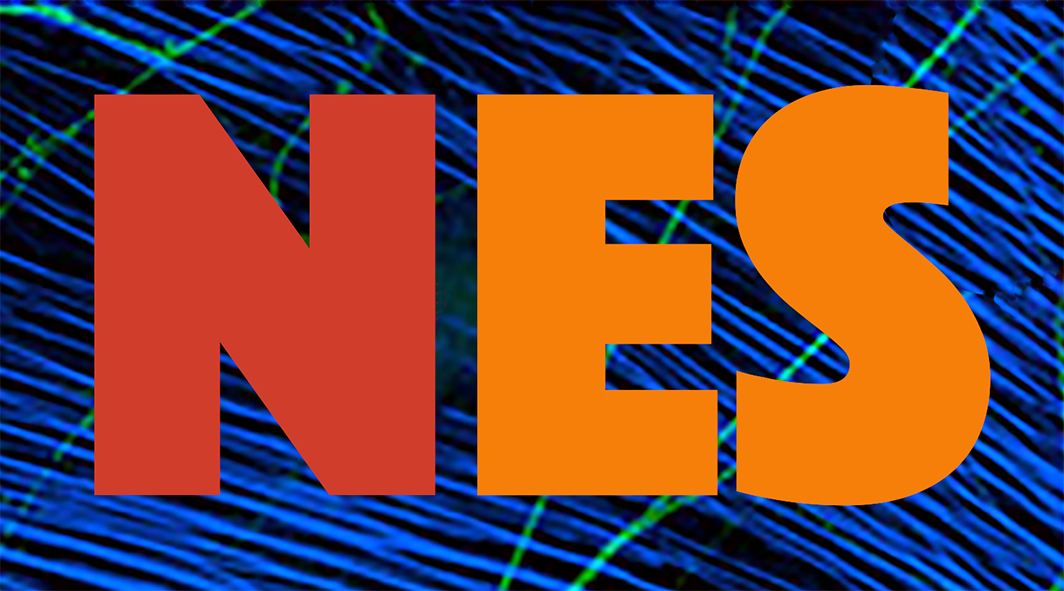
Dreams can reveal how the process of adapting to the ‘new normal’ is going
News | Jun 12, 2020
This week, "Agência FAPESP" website featured an article about the work developed by neuroscientist Natalia Mota, for her postdoctoral project. The work was also supervised by researchers Sidarta Ribeiro (UFRN) and Mauro Copelli (Federal University of Pernambuco). Both are co-authors of the article and are part of the RIDC NeuroMat.
Neuromathematics research center holds six webinars on mathematics and neurobiology
News | Apr 20, 2020
This week, "Agência FAPESP" website featured an article about the RIDC NeuroMat series of online seminars on mathematics and neurobiology, NeuroMat/NeuroMod webinars 2020 - mathematics and neurobiology intertwined.
The webinars are part of a partnership with theInstitute for Modeling in Neuroscience and Cognition of Université Côte d'Azur (NeuroMod), France. The virtual meetings will take place every two weeks, from April 16 to June 25, 2020, via Google Meet at meet.google.com/xdz-rqup-dze.
NES is the subject of an article on Open Knowledge Foundation
News | Jan 20, 2020
Last month, Open Knowledge Foundation featured an article about the Neuroscience Experiments System Frictionless Tool, also known as NES, a tool developed by the Technology Transfer team of RIDC NeuroMat.
Brain math is the subject of a podcast produced at USP
News | Nov 07, 2019
This week "Agência FAPESP" website featured an article about the new RIDC NeuroMat podcast, specially addressing the publication of the second episode of the program. The aim of the podcast is to spread the research developed by NeuroMat, at the interface between neurobiology and mathematics.
The program addresses three main themes: the neuronal spiking systems model developed by the CEPID NeuroMat team; the statistical framework needed to rigorously address the “statistical brain” conjecture; and the processes of construction and production of the state-of-the science in Brazil right now.
A Matemática no Cérebro: the new Neuromat podcast
News | Oct 23, 2019
This month on "Jornal da USP" website, there was a report about the NeuroMat podcast, "A Matemática do Cérebro", developed by the NeuroMat Dissemination Team and by Antonio Galves, NeuroMat coordinator, and Eduardo Vicente, professor from the Department of Film, Radio and TV (CTR) of ECA/USP.
The article covered the first two episodes of the podcast. It also talked about CEPID NeuroMat's work and how the epidodes were created to talk about the research developed at the center, with the interface between neurobiology and mathematics.
| NeuroCineMat |
|---|
|
Featuring this week: |
| Newsletter |
|---|
|
Stay informed on our latest news! |
| Follow Us on Facebook |
|---|




